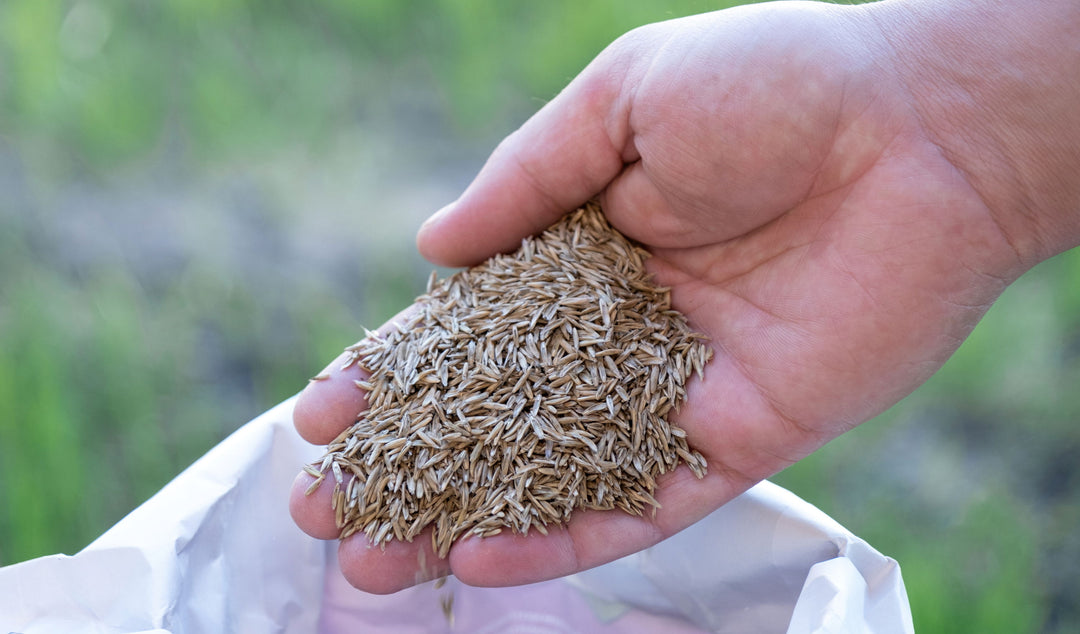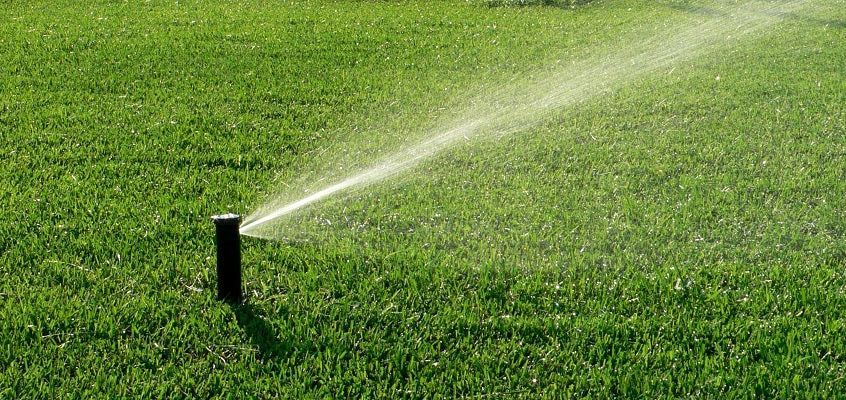DuoCide Insect Control: The Nitty-Gritty
The Anderson's DuoCide is a popular professional insect control for lawns. Most traditional lawn insecticides require you choose between treating pests above or below the surface. DuoCide’s unique multi-mode formula allows you to do both, eliminating more than 50 common pests with a single application.
DuoCide’s unique formula is not the only feature that makes this product professional grade. It’s made with the Anderson's patented dispersing granule DG technology. Upon contact with water, each DuoCide granule disperses into thousands of microparticles that move through the turf canopy into the soil profile. By reaching subsurface pests directly, DG technology increases DuoCide's effectiveness and speeds up results.
When it’s time to apply DuoCide, you should prepare your lawn by mowing. The pest you are trying to eliminate determines your application rate. Timing also depends on the pest you are trying to control. For surface pests like ants, beetles, spiders and ticks, application should occur when pests are first noticed. For subsurface pests like armyworms and grubs, you should apply as soon as damage is first noticed.
Duocide is safe to use on all turf types and can also be used in landscaped areas. DuoCide can also be used when seeding or installing sod. If you notice an insect issue in your new lawn, you can apply at the lower 2-4 lb. rate. If the insect issue persists, higher rates can be used for subsequent applications.
Once you have applied the product, make sure you sweep any excess particles off driveways and sidewalks back into your lawn. DuoCide must be immediately watered-in after application. Children and pets are free to enter back onto the lawn after the grass has dried.


